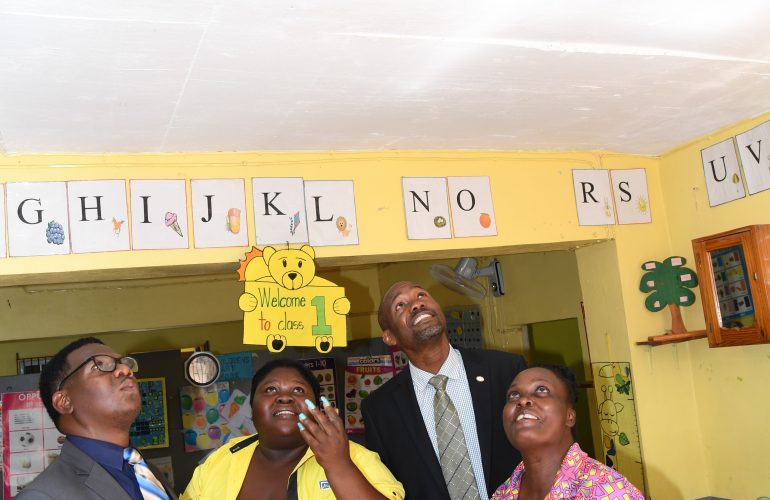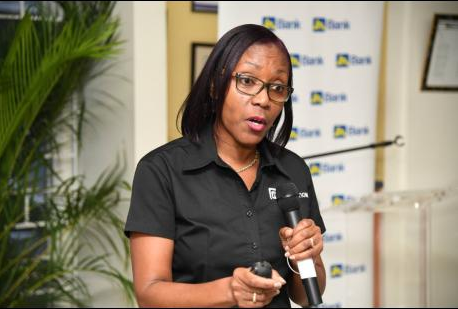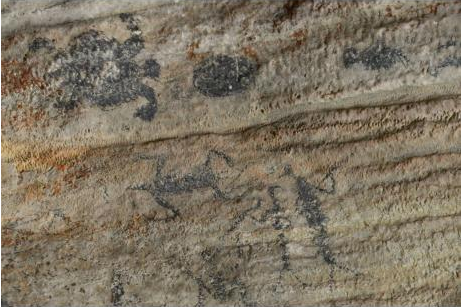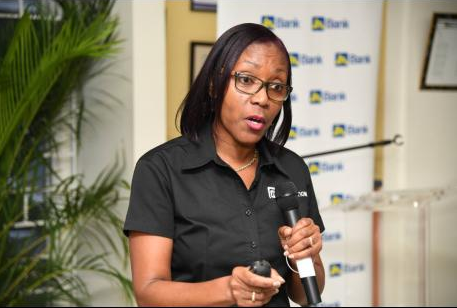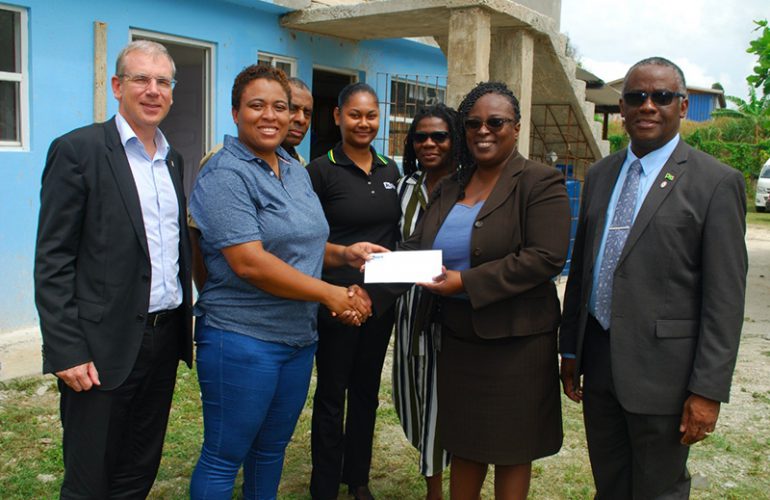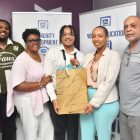LIKE MANY Jamaicans, Millicent Powell*, a resident of Eight Miles in Bull Bay, St Andrew, is already feeling the economic crunch brought on by the ongoing restrictions on movement and social gatherings, due to the COVID-19 (coronavirus) pandemic.
The 60-year-old practical nurse, who provides geriatric care, has been out of work for almost two weeks.
“I lost my job without any warning. The day after the Government announced that Bull Bay would be placed under quarantine, I received a call from the wife of the elderly man I was taking care of. She just told me not to come back to work until further notice,” Powell informed.
“I was laid off without any pay or any surety that I would get my job back. It has been a devastating blow, because I honestly didn’t have much savings; and the small amount I had has already dried up,” she stated.
The mother of two, who has been the sole breadwinner for her family since her husband died a few years ago, said her bills have been piling up.
“Right now, it comes down to eating or paying my bills. My JPS (Jamaica Public Service) bill was due on the 21st of March and I couldn’t afford to pay it. My cooking gas is running low, and we will soon be out of toiletries,” she related.
Powell is, however, grateful to the Government for the weekly food supply they have been providing to the residents of Bull Bay since the quarantine was declared.
“It has been a big help for many of us,” she said. However, the Clarendon native is hoping that things will turn around soon, as she is uncertain how long she can survive under the enormous weight of the COVID-19 outbreak.
Rose Miller, head of the JN BeWi$e financial empowerment programme, said, unfortunately, Powell’s situation reflects the experience of many Jamaicans.
HAND-TO-MOUTH
“Many of our hairdressers, barbers, taxi drivers, farmers, vendors and tourism workers have found themselves in a similar predicament.
“The sad reality is that a majority of our population live hand to mouth, and they often have little or no savings on which they can survive during a time of crisis,” she related.
Miller, who is also grants manager at the JN Foundation, said it will take significant family and community support, the goodwill of corporate Jamaica and other entities, such as the Church, to ensure that all Jamaicans can weather this economic storm.
She also pointed out that Jamaicans will also need to become more creative to ensure that they are able to stretch the little funds they now have. The JN Foundation financial literacy expert suggested that persons consider the following tips to manage their financial resources during the coronavirus crisis.
1. Reach out to your creditors
Miller noted that the good news is that many utility and other companies are aware that some persons are experiencing financial hardships as a result of the COVID-19 restrictions.
“Some have designed programmes specifically to assist their customers during this rough time. Therefore, if you find yourself in the spot where you won’t be able to meet your financial responsibilities, it is wise to reach out to your creditors, because they may be willing to work with you until you are back on your feet,” she advised.
2. Make partial bill payments
“The truth is that many people will be forced to choose between paying their monthly bills and providing sustenance for their families,” Miller said. “If you are faced with that dilemma, you may need to prioritise your bills and make partial or minimum payments, where possible.”
3. Be creative with your meal preparation
Miller said the Jamaican idiom, ‘tun yuh han’ mek fashion,’ will come in very handy at this time. “You may need to get creative in the kitchen to ensure that every member of the family eats, and that you are able to make what you have last for some time,” she said. “Take advantage of discounts, and switch to cheaper brands, where possible.”
She noted that in some instances, persons may need to forego or reduce the amount of poultry or fish they consume in favour of more affordable alternatives, such as callaloo and cabbage or canned goods. “Other vegetables, such as carrots, peas, beans and potatoes, can also be used to stretch your chicken or beef dishes. It may also mean that you will only be able to eat two or even one substantial meal for the day instead of three big meals,” the JN manager said.
4. Listen out for opportunities of assistance
“Keep your ears to the ground so that you do not miss out on any opportunity for assistance from the Government, the Church or corporate Jamaica,” Miller recommended.
Some organisations, including financial institutions, have announced measures through which they will be providing relief or assistance to persons experiencing financial difficulties during the COVID-19 pandemic. The Government has also announced relief packages for affected groups, and some church organisations have been collecting donations to assist the most vulnerable.
Miller said persons in dire need of financial assistance should not be afraid to take advantage of any of these opportunities.
* Name changed.

